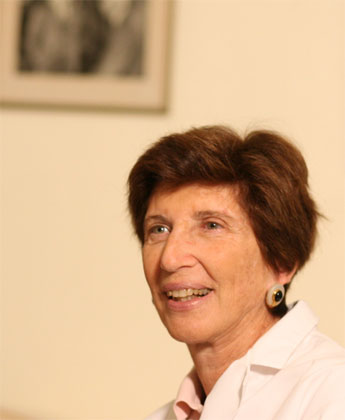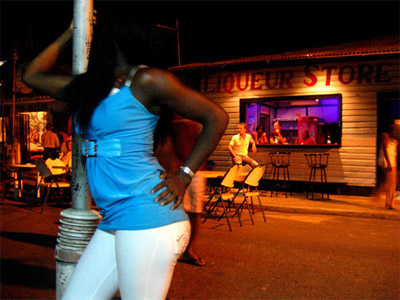
SYDNEY, Australia — Dr. Simon Noble of the International AIDS Vaccine Initiative doesn't wonder if the AIDS fighting effort financed with billions of dollars from the United States and other donor nations can be sustained.
He is certain they can't at the current rate of infection.
"For every person who starts antiretroviral treatment, at least six people are newly infected with HIV," he said. In 2006 while 650,00 people worldwide began the treatment that helps control illnesses from the virus, 4.3 million people became infected.
"Only a vaccine can end the epidemic," he said.
It is a realistic aim, Noble said, citing research on how the immune system on its own fights the virus that leads to AIDS for an average of 10 years after infection, and how some, known as "long-term nonprogressors," fight it even longer.
Less likely, he and others pointed out in July at the science-centered International AIDS Society Conference here, is the prospect of ending the behaviors that lead to HIV transmission.
"It's tough to get anyone to change their behavior, let alone their sexual behavior," Noble said. "It's tough to get people to wear a seat belt. It would be nice to get people to be abstinent, but that's not going to happen."
Watch videos of Dr. Ellen Koenig
At the conference also, Dr. Ellen Koenig reported on efforts at her IDEV clinic in Santo Domingo, where, she said, sex workers participating in vaccine trials got a sense of accomplishment otherwise denied them in their country.
A vaccine also is her best hope for ending the epidemic, she said later.
"But I just think it's the first step," she said. "And, unfortunately, this first step is going to take us four years to see what sort of results we get."
It is a hope that received a setback in the autumn, when an independent oversight board called a halt to trials of the Merck vaccine tested at Koenig's clinic and others on 3,000 volunteers after preliminary results found the vaccine ineffective.
Made from a weakened version of a common cold virus, the vaccine was intended to simulate an immune cell response. Instead, slightly more of those receiving the vaccine became infected with HIV during the trial than those receiving a placebo.
The vaccine itself did not expose participants to the virus but may have hindered their immune responses, researchers say.
The failure prompted calls to spend the millions now going to vaccine development on more immediate needs in the AIDS epidemic.
Vaccine advocates respond that setbacks are part of research and that because prevention education makes up a significant part of trials, the efforts have had an immediate payoff.
As volunteers at Koenig's clinic continue with the follow-up observation, she says, they can continue to feel that they, one day, will know they were part of a solution.






